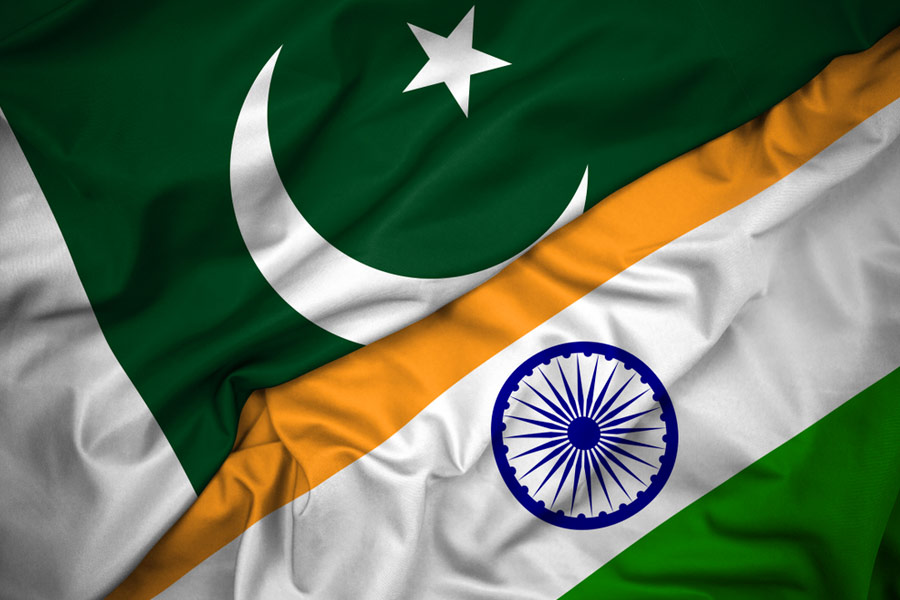Pakistan Feels the Heat as Indus Waters Treaty is Put on Hold and Attari Border Closes
In a historic move following the devastating Pahalgam terror attack that claimed 26 lives, India has suspended the Indus Waters Treaty indefinitely—marking the first such decision since the pact was signed in 1960.
Just hours after the attack, Prime Minister Narendra Modi convened the Cabinet Committee on Security (CCS). Their findings, revealed by Foreign Secretary Vikram Misri, pointed to “cross-border linkages” with Pakistan. The CCS’s response was swift, decisive, and uncompromising.
Key Measures Announced:
-
Indus Waters Treaty Suspended: The treaty, which had survived three wars, is now "held in abeyance" until Pakistan decisively ends support for terrorism. The rivers that sustain much of Pakistan’s agriculture—Indus, Jhelum, Chenab, Ravi, Beas, and Sutlej—are now a bargaining chip.
-
Attari-Wagah Border Closed: The Integrated Check Post has been shut with immediate effect. Those already in transit are allowed to return before May 1, 2025.
-
SVES Visas Cancelled: The SAARC Visa Exemption Scheme for Pakistani citizens has been scrapped. All previously issued SVES visas stand revoked. Pakistanis currently in India on these visas have 48 hours to leave.
-
Diplomatic Downsizing: Defence attachés from both sides have been declared persona non grata and ordered to leave. High Commissions in both nations will reduce their staff from 55 to 30 by May 1.
-
Security on High Alert: All Indian security forces have been directed to maintain heightened vigilance. Misri reiterated India’s firm commitment to bring the perpetrators to justice, referencing the recent extradition of Tahawwur Rana as a sign of India’s determination.
Water Resources Minister C.R. Paatil backed the decision unequivocally, calling it "a very good decision taken by the Cabinet," and recalled earlier ultimatums issued by the Modi government in response to cross-border terrorism.
The attack, claimed by The Resistance Front, an affiliate of the banned Lashkar-e-Taiba, came at a time when Jammu and Kashmir was celebrating peaceful elections and economic growth. India's move signals a major shift in its posture, contrasting the restraint shown even after the 2019 Pulwama attack.
Pakistan, already grappling with severe water scarcity, has long considered any disruption to the Indus Treaty an “act of war.” India’s decision now marks a watershed moment—a forceful declaration that terror and cooperation cannot coexist.
